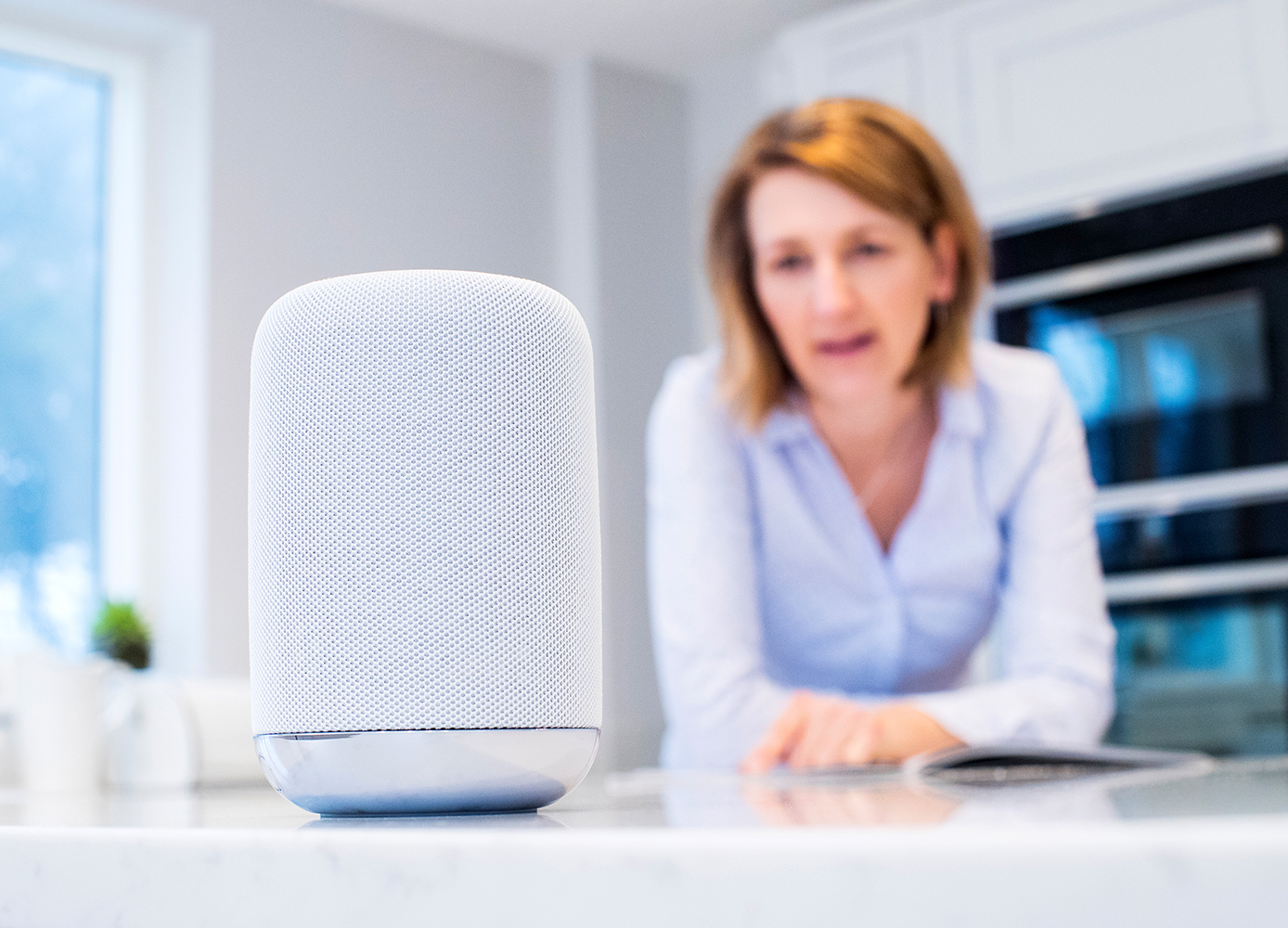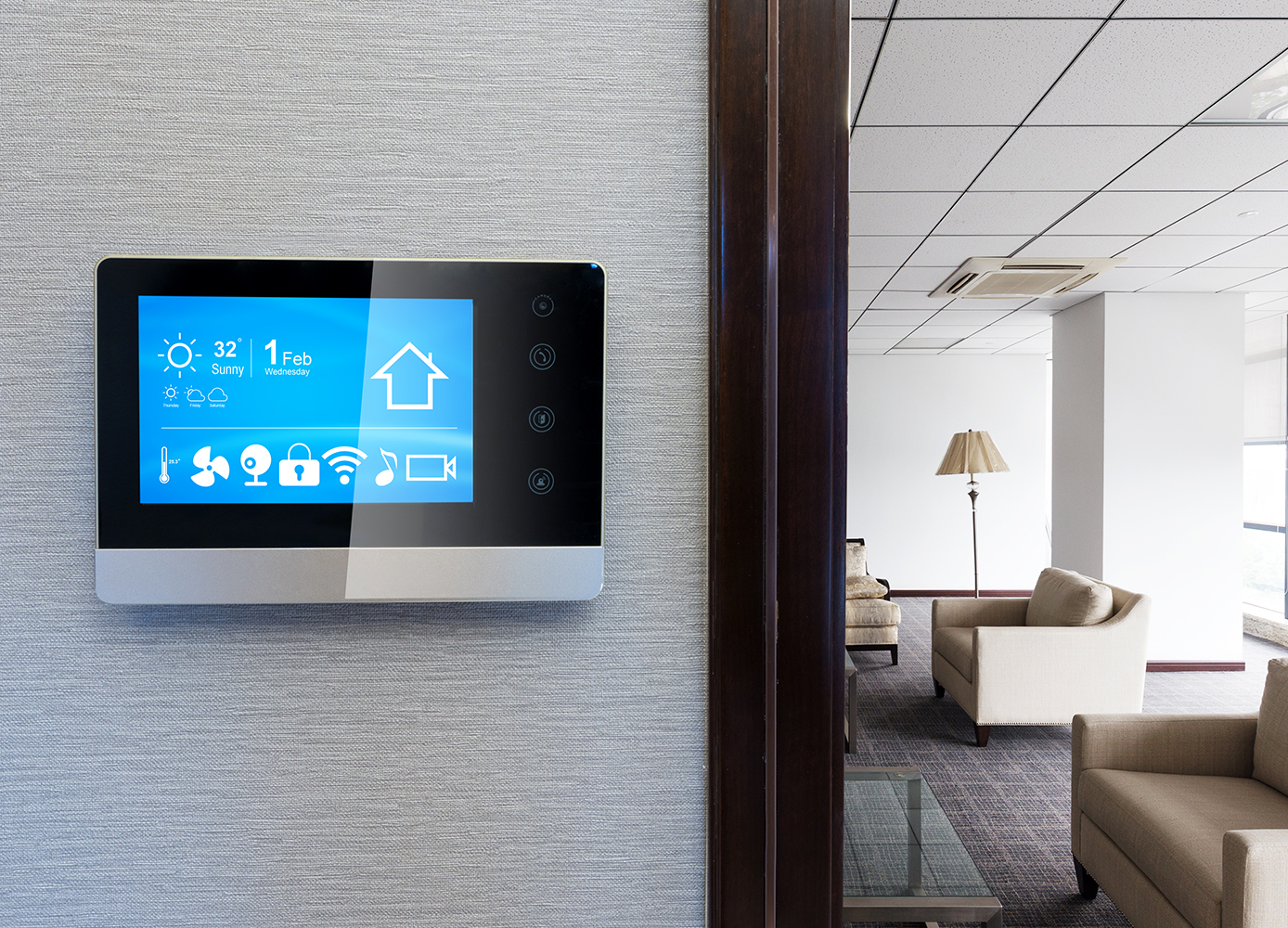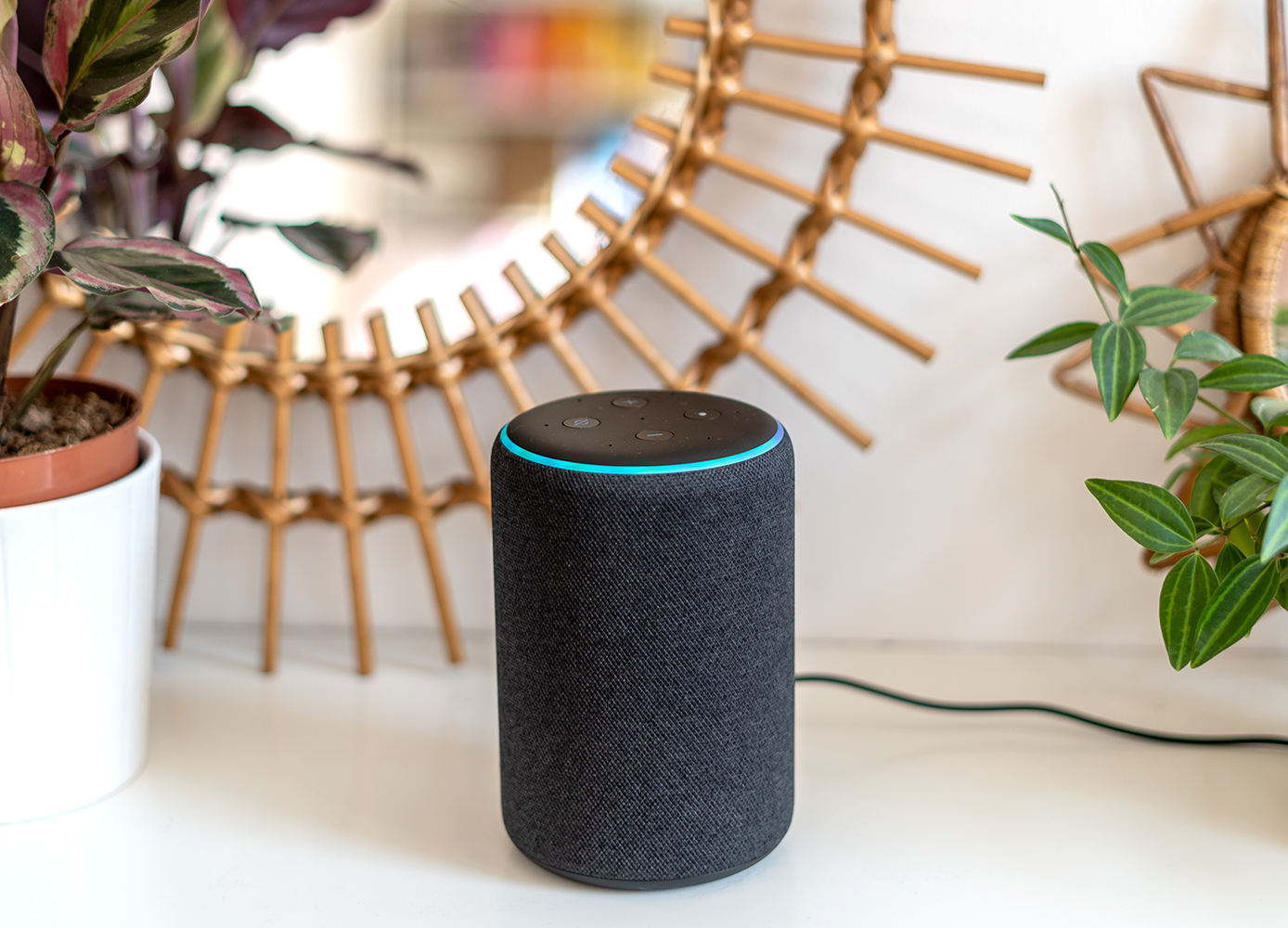Researchers have found that virtual assistants aren’t much help in an emergency
By Jennifer Hughes
Virtual digital assistants (VDAs) are becoming more and more common in Canadian households. In a 2019 poll, more than half of Canadians—55%—said they planned to buy a smart assistant within a year. Even if you’re not keen on having one, you might be willing to concede that a VDA could be useful in an emergency. But according to a study conducted by Canadian researchers and published recently in the online journal BMJ Innovations, VDAs don’t respond well in a crisis.
The researchers tested four VDAs—Alexa, Siri, Google Home, and Cortana— and found that they don’t always offer the best advice when it comes to asking for first-aid information. Instead, they’re more likely to start playing a song or to offer information on an unrelated topic—if they understand you at all. If you’re ever struggling to breathe or you cut yourself deeply, don’t rely on your smart assistant for medical help, the study warns.
Of the four VDAs tested, Google Home and Alexa were the most likely to recognize medical emergencies, describe common symptoms, and help users call 911 in response to statements such as, “I am having a heart attack.” Meanwhile, though Siri could call emergency services and give directions to nearby hospitals, both Siri and Cortana were usually unable to fully understand medical requests. Overall, virtual assistants used in the study were only able to provide helpful medical information about half of the time.
Voice-activated searches make up a large portion of health-related searches performed daily. Though it’s evident that virtual assistants just aren’t up to the task of providing lifesaving information at this time, improvements being made and some companies reached out to the researchers to ask about how to improve their products.
Photo: iStock/Daisy-Daisy.






